ocean
Latest

Fisker faces more bad news as the SEC starts investigating its business practices
The EV maker Fisker is under an ongoing investigation by the Securities and Exchange Commission following its Chapter 11 bankruptcy filing.
Danny Gallagher10.04.2024
US, Europe and SpaceX launch a satellite to track rising global sea levels
NASA, ESA, and SpaceX have launched the Sentinel-6 Michael Freilich satellite to track rising sea levels around the world and help study climate change.
Jon Fingas11.21.2020
E1 is like Formula E, but with boats
Today, Formula E and Extreme E founder Alejandro Agag unveiled E1, a competition that will revolve around battery-powered boats. E1 competitors will use RaceBirds, a single-person vessel developed by SeaBird Technologies, that uses electric propulsion and a hydrofoil to reach speeds up 60 knots, or 111KMH/69MPH. E1 will be run “in direct association” with Extreme E, according to the competition’s organizers.
Nick Summers09.25.2020
There could be as many as six billion Earth-like planets in our galaxy
The findings could have a big impact on future space missions.
Rachel England06.22.2020
Almost a fifth of Earth's ocean floor has been mapped
Scientists have mapped nearly a fifth of the Earth's ocean floor, taking a big step forward for everything from biological studies to internet access.
Jon Fingas06.21.2020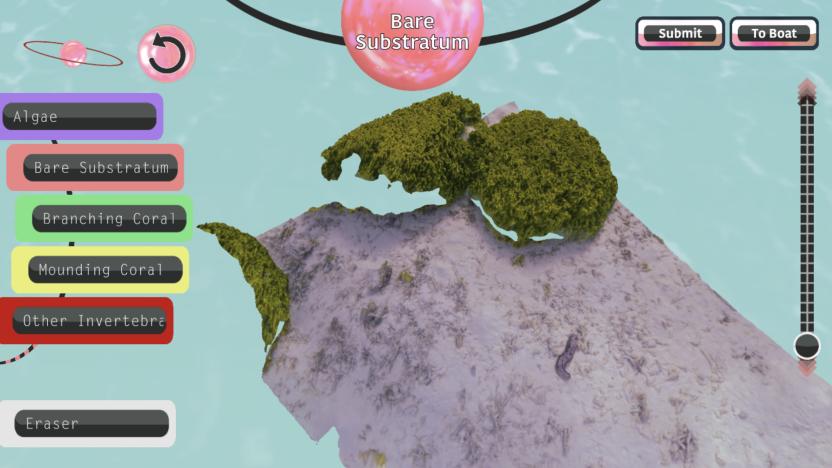
NASA's supercomputer needs your help to map coral reefs
NASA usually studies space, but the agency is currently hoping to save ocean wildlife with this game.
Marc DeAngelis04.09.2020
Watch the first footage of Fisker's Ocean EV crossover in motion
Last year, Fisker promised to show its sub-$40,000 crossover Ocean EV as a production-ready vehicle rather than a concept, but the Geneva Motor Show cancellation put a crimp in those plans. In its latest press release, however, the company has done that one better by releasing a video showing the Fisker in motion on a race track. Fisker also revealed new details about the vehicle's drivetrain, comfort and safety features.
Steve Dent03.02.2020
Alphabet's next moonshot: protect the ocean
Alphabet's moonshot factory is turning its attention back toward the ocean. But whereas Project Foghorn looked to turn seawater into a carbon-neutral fuel, the newly-announced Tidal has a broader mission to protect the sea and its aquatic inhabitants. "This is a critical issue," Neil Davé, general manager for Tidal said in a blog post. "Humanity is pushing the ocean past its breaking point, but we can't protect what we don't understand." The team, which operates under the company's "X" lab for now, is starting with a camera system that can help fish farmers monitor and, hopefully, better understand every living creature inside their pens.
Nick Summers03.02.2020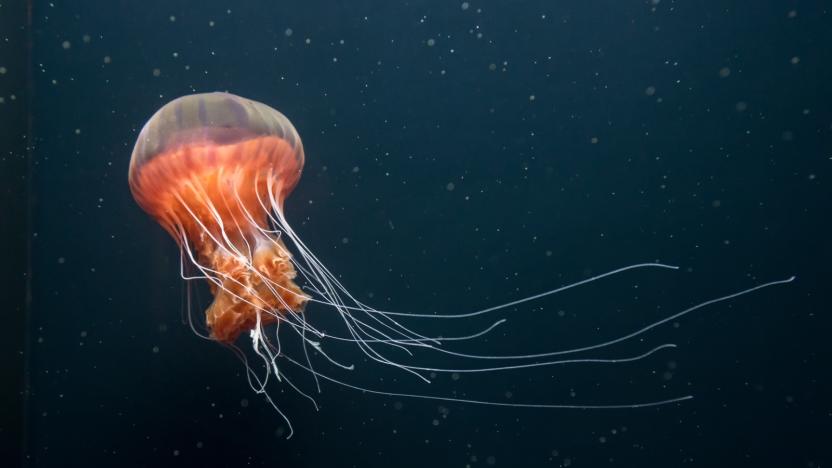
Scientists make jellyfish swim faster to prepare for deep-sea exploration
Scientists at Caltech and Stanford University want to turn jellyfish into deep-sea explorers that could be directed around the ocean, recording info as they travel. In a paper published in the journal Science Advances, the team explains how they've developed a tiny, microelectronic prosthetic that can be attached to jellyfish, causing them to swim faster and more efficiently.
Christine Fisher01.30.2020
Fisker's Ocean electric SUV will start at $29,999 after tax credit
After dribbling out details for months, Fisker is finally ready to say exactly how much its Ocean electric SUV will cost. The automaker has revealed that the Ocean will start at $37,499. Conveniently, that's just under the $30,000 mark after you apply the $7,500 US tax credit. That's also conspicuously lower than the $42,700 starting price of Tesla's upcoming Model Y, and even more of a bargain compared to Volvo's XC40 Recharge. Reservations are open and set at $250 regardless of how you intend to finance the vehicle.
Jon Fingas01.05.2020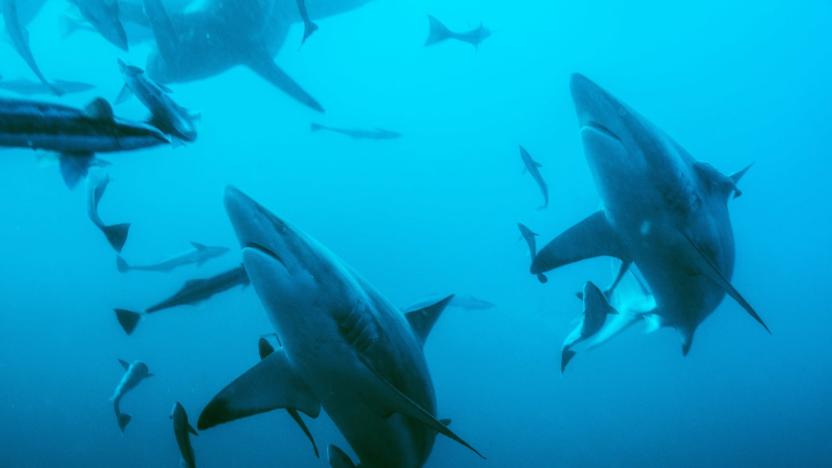
Study says climate change is starving the oceans of oxygen
The effect of climate change on oceans is likely more extensive than you think. A study from the International Union for Conservation of Nature (IUCN) indicated that climate change and the ensuing hotter water reduced the amount of oxygen dissolved into oceans by 2 percent between 1960 and 2010. While that may seem like only a modest amount, oxygen levels in some tropical regions dropped by up to 40 percent. Moreover, scientists warned that even a slight dip could be particularly troublesome for big, energy-dependent fish like marlin, sharks and tuna. Lower oxygen levels drive them to shallower water, putting them at greater risk of overfishing.
Jon Fingas12.08.2019
Watch SpaceX catch a piece of its rocket as it falls from space
Yesterday, SpaceX successfully launched a Falcon 9 rocket from Cape Canaveral. This was the third flight for this particular Falcon 9, and its mission was to carry the AMOS-17 satellite for Spacecom. While you can watch the full launch stream here, one of the most exciting parts of yesterday's event came as a tweet from Elon Musk. He shared a quick video of a SpaceX ship catching the rocket's fairing in a net as it fell from space.
Christine Fisher08.07.2019
Giant plastic-collecting 'pool noodle' breaks apart in the Pacific
The "giant pool noodle" dispatched into the Pacific Ocean last September to catch and clean up thousands of tonnes of floating plastic has run into trouble. Invented by Boyan Slat when he was 17, the 2,000-foot-long U-shaped floating barrier was designed to travel with wind and wave propulsion collecting pieces of plastic as small as a millimetre in size from the "Great Pacific Garbage Patch" between Hawaii and California. But after just a few months at sea, the device -- called System 001 -- is heading back to land after seeing major setbacks.
Rachel England01.08.2019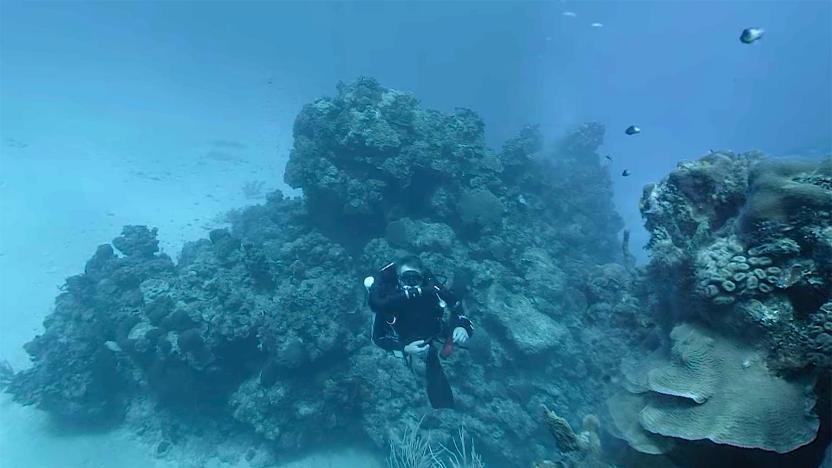
Hydrus VR camera brings immersive 8K video to the deep sea
Don't be surprised if you soon see VR video from some of the darker corners of the ocean. Marine Imaging Technologies has launched a new camera, the Hydrus VR, that promises 360-degree 8K video (higher-resolution than many current headsets) at depths of up to 984 feet, even in lighting conditions as dim as 0.004 lux. The 10-camera array takes advantage of new ultra-sensitive Sony sensors to capture video at up to ISO 409,600 -- the result will be noisy, but might be the key to spotting an elusive fish hiding in a cave.
Jon Fingas08.04.2018
'Beyond Blue' is an educational game about saving the ocean
Our oceans are in trouble. Climate change, plastic waste and overfishing are all causing tremendous damage to underwater life around the world. Inspired by the BBC's Blue Planet II series, developer E-Line Media is making a video game that focuses on the scientists who are trying to understand our impact. It's called Beyond Blue and will put you in charge of a research team with stunning technology designed to unlock new insights about the sea. Your task is simply to gather information and learn what you can about these fast-changing, human-made threats to the sea.
Nick Summers06.14.2018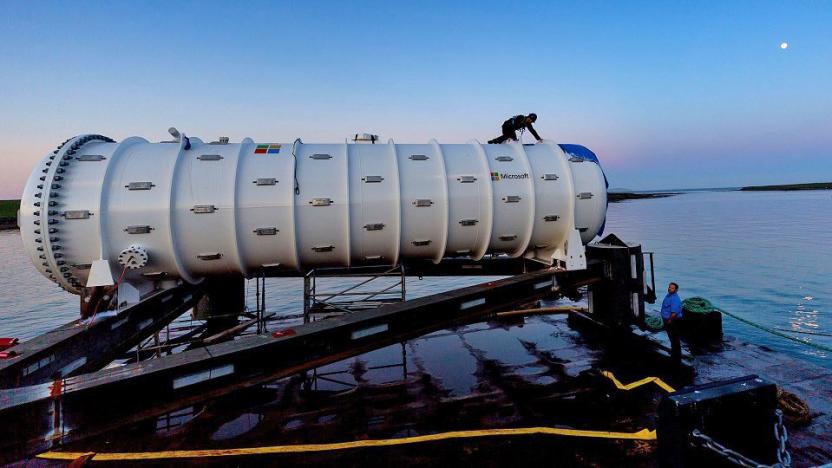
Microsoft’s deep sea data center is now operational
Data centers are hot, noisy and usually inefficiently located. Microsoft's solution? Put them at the bottom of the sea. Following initial prototype testing, the company's years-long Project Natick is finally delivering Microsoft's vision of sustainable, prepackaged and rapidly deployed data centers that operate from the seafloor. Yep. Underwater.
Rachel England06.06.2018
Ocean waves show Earth's CO2 imbalance is greater than expected
Scientists might need to tweak their understanding of climate change in the near future. British researchers have determined that ocean waves play a considerably more important role in trapping carbon dioxide than previously thought. Their studies showed that waves breaking on the shore will absorb a large number of bubbles at depths of "at least" 3.3 feet, releasing CO2 when they dissolve into the water. That, in turn, suggests the ocean is absorbing "many times" more CO2 than under current estimates.
Jon Fingas05.29.2018
The UK gets its first ocean-cleaning 'Seabin'
It's no secret that the world's oceans are full of floating waste. Things like plastic not only pollute the natural ecosystem, but pose a very real threat to its inhabitants. Back in December 2015, we were first introduced to the concept of the Seabin, a floating natural fiber garbage bin that can suck in pollutants in docks and marinas and leave the water pristine. Its creators needed help making the concept a reality, taking to Indiegogo to raise enough funds to deploy their marine disposal units all over the world. With over $260,000 in their pocket, two Australian surfers, Pete Ceglinski and Andrew Turton, have today embarked on that journey, installing the world's first production Seabin in Portsmouth (UK) harbour.
Matt Brian10.11.2017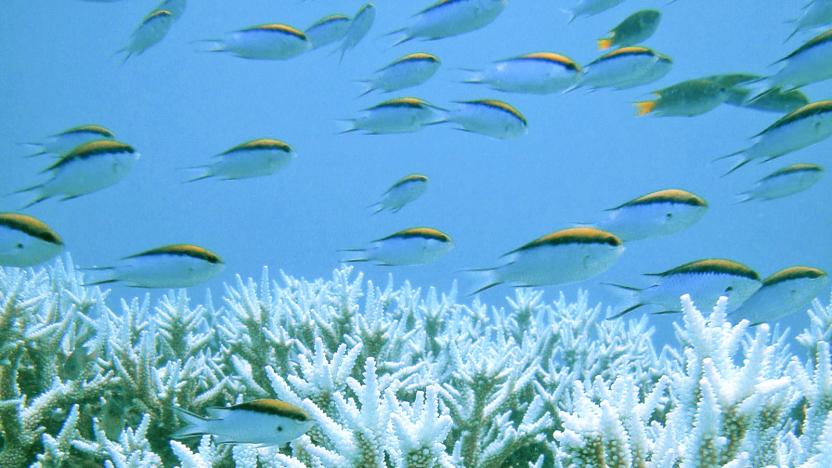
The Great Barrier Reef's fate rests on slowing global warming
There's no question that the Great Barrier Reef and other coral fields are hurting as a result of rising water temperatures. But is there a relatively straightforward way to save them, or do they require more drastic action? Unfortunately, it's not looking good. Researchers have found that typical efforts to fight coral bleaching, such as improving the water quality or tightening fishing controls, haven't helped much at all. Whether an area was immaculate or dirty, it was just as susceptible to damage. The four large-scale bleaching events in the past two decades were the result of increased water heat -- that is, climate.
Jon Fingas03.15.2017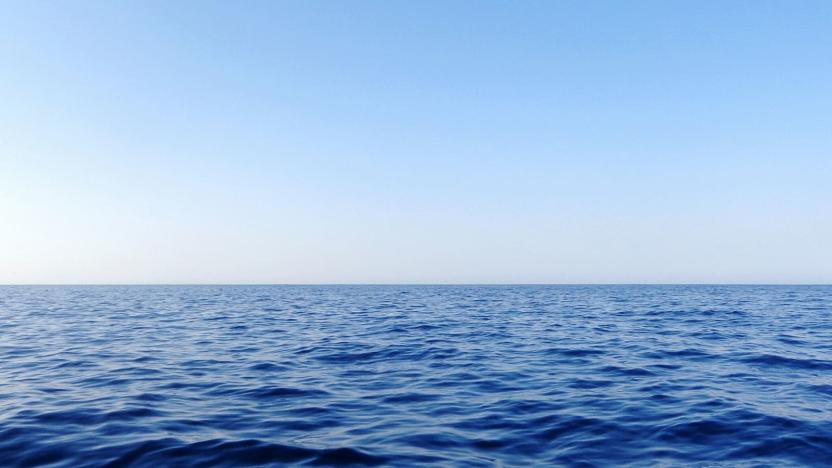
Oceans are warming faster, expect more floods
A team of researchers have successfully found a way to error-correct and clean up historical oceanic temperature data. The champagne will stay in the refrigerator, however, since the new information offers up more bad news on the state of the planet. It turns out that we've been grossly underestimating the warming effects of climate change for the last half a century.
Daniel Cooper03.13.2017